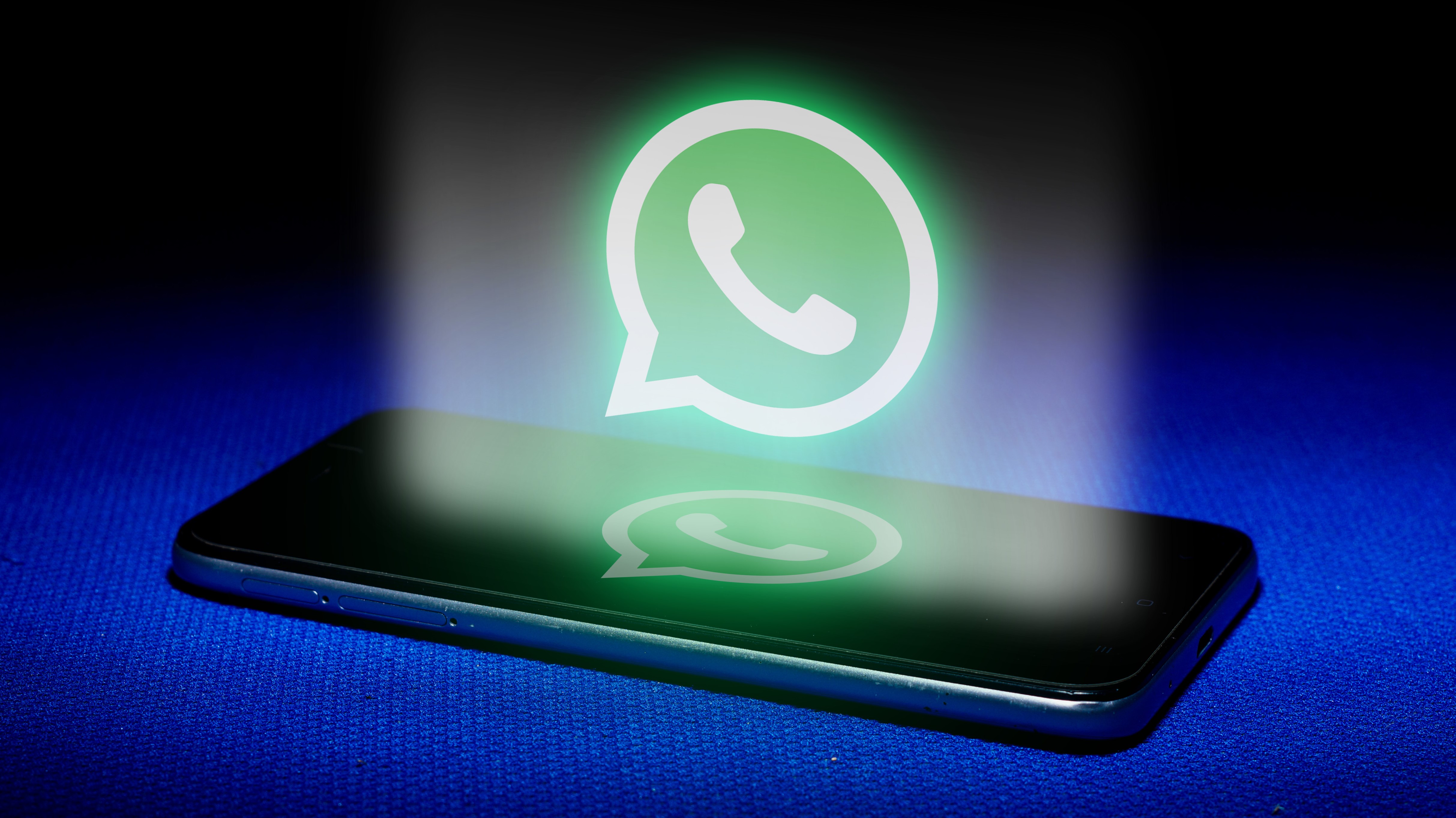WhatsApp hopes to adhere to traceability norm without breaking encryption
Will it leave India?

WhatsApp is caught on the proverbial horns of dilemma. On the one hand, the Indian government wants it to help trace the source of problematic/fake forwards on the platform. But WhatsApp is loath to break its end-to-end encryption rule. In the event, the messenger platform, which is already under pressure for its privacy policy tweaks, seems now pushed to a corner.
However, its CEO Will Cathcart seems unfazed. He said that his company has explained its concerns around traceability to the Indian government and will continue doing so in the hope of finding solutions "that don’t touch encryption."
Speaking on the 'Big Technology Podcast', the WhatsApp CEO in fact asserted that the idea of breaking encryption is “a fundamental threat”.
He, however, added that his company shared "concerns over misinformation" (on the platform).
- Best WhatsApp alternatives for privacy focused individuals
- WhatsApp's new privacy policy requires you to share data with Facebook
WhatsApp's future in India
In the podcast, Cathcart was specifically asked "would you break encryption on WhatsApp, or would you just leave India?" And his answer was a bit vague. Understandably so.
"For this concept of traceability, the problem is, today, we don’t keep a record of the messages that got sent all around WhatsApp. We get your message, and then we deliver it. And to keep a record, there’s this hard question of how you do it. How are you keeping a record on the server of messages that got sent around without knowing what the messages are? There’s no easy way to do that."
But without any ambiguity he added: "We’ve been pretty opposed to it… We’ve been consistently opposed to it. There’s actually been an ongoing conversation in India and Brazil and some other places."
Get daily insight, inspiration and deals in your inbox
Sign up for breaking news, reviews, opinion, top tech deals, and more.
WhatsApp and court cases in India
WhatsApp is also fighting a few court cases in India over this traceability issue. And asked what if his company did not win those cases, Cathcart again was a bit circumspect in his reply. "We face this in a bunch of places, and we’ve been blocked in places. There’s a lot of places where we take the risk every day that we may just not be able to operate tomorrow because we might get blocked. But this stuff is hard, I think it’s really a question for the future of the internet in a lot of these places.
On the controversial privacy update, the WhatsApp CEO said: "This update does not change anything with the privacy of your personal messages, there’s no change in that. We do describe some new business features we’re building for people to communicate with businesses, if you want to. People don’t have to do that. People are in control if they want to."
Local alternatives to social media platforms may be dangerous
On the emergence of indigenous alternatives to various social media platforms like Sandes and Koo, Cathcart conceded that "we should be worried about it."
He added: "But a lot of the decisions we’re going to make on the internet, our governments are going to make on the internet over the next 10, 20 years, I think will really shape whether this is a global market, or whether each country has its own mini-internet with its own mini-apps. And I think the latter would be worse."

Over three decades as a journalist covering current affairs, politics, sports and now technology. Former Editor of News Today, writer of humour columns across publications and a hardcore cricket and cinema enthusiast. He writes about technology trends and suggest movies and shows to watch on OTT platforms.